As the foundation of any space, floor tiles serve both a functional and aesthetic purpose. With an abundance of options available in the market today, it is important for businesses and homeowners to understand the variety of floor tiles available to them. In this article, we will delve into the different types of floor tiles, highlighting their unique features, benefits, and suitable applications. 1. Ceramic Tiles: Ceramic tiles are a popular choice due to their versatility and wide range of styles. They are made from clay, minerals, and water, and are then fired at high temperatures. Ceramic tiles come in various sizes, shapes, and patterns, making them suitable for different design preferences. Notable advantages of ceramic tiles include their affordability, durability, and resistance to water and stains, making them suitable for both indoor and outdoor applications.
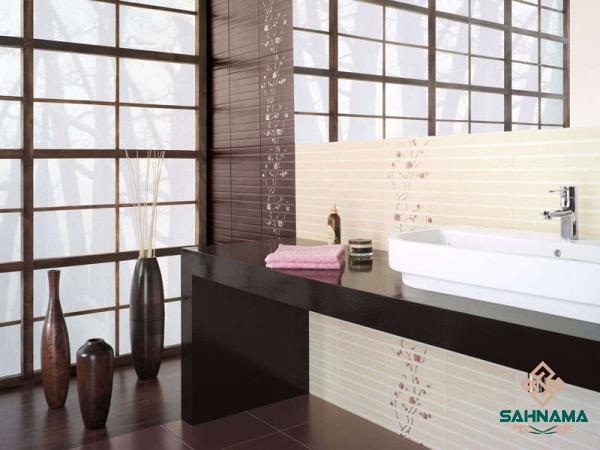
.
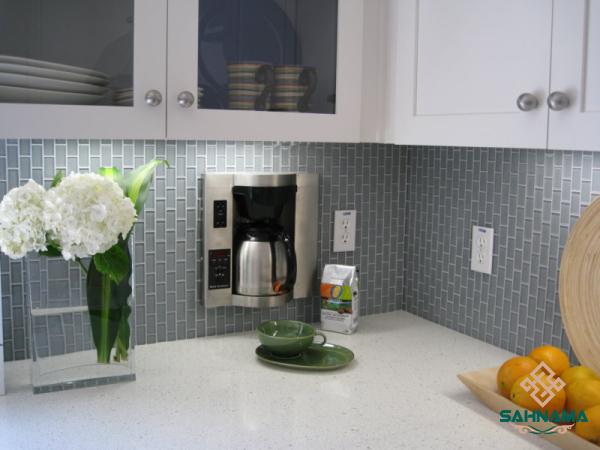 2. Porcelain Tiles: Porcelain tiles are similar to ceramic tiles, but with added durability and strength due to their denser and more compact composition. This makes them ideal for high-traffic areas such as hallways, kitchens, and commercial spaces. Porcelain tiles are resistant to scratches, impact, and moisture, making them perfect for outdoor usage as well. They are available in a wide array of designs, including wood, marble, concrete, and stone imitations, offering a realistic look without the associated maintenance. 3. Natural Stone Tiles: Natural stone tiles, such as marble, granite, limestone, and travertine, are renowned for their elegance and timeless beauty. Each stone possesses its own unique characteristics, colors, and patterns, imparting a sense of luxury to any space. Despite their higher price tag, natural stone tiles offer longevity, durability, and resistance to wear and tear. They require regular maintenance to preserve their appearance and are generally used in bathrooms, kitchens, and living areas.
2. Porcelain Tiles: Porcelain tiles are similar to ceramic tiles, but with added durability and strength due to their denser and more compact composition. This makes them ideal for high-traffic areas such as hallways, kitchens, and commercial spaces. Porcelain tiles are resistant to scratches, impact, and moisture, making them perfect for outdoor usage as well. They are available in a wide array of designs, including wood, marble, concrete, and stone imitations, offering a realistic look without the associated maintenance. 3. Natural Stone Tiles: Natural stone tiles, such as marble, granite, limestone, and travertine, are renowned for their elegance and timeless beauty. Each stone possesses its own unique characteristics, colors, and patterns, imparting a sense of luxury to any space. Despite their higher price tag, natural stone tiles offer longevity, durability, and resistance to wear and tear. They require regular maintenance to preserve their appearance and are generally used in bathrooms, kitchens, and living areas.
..
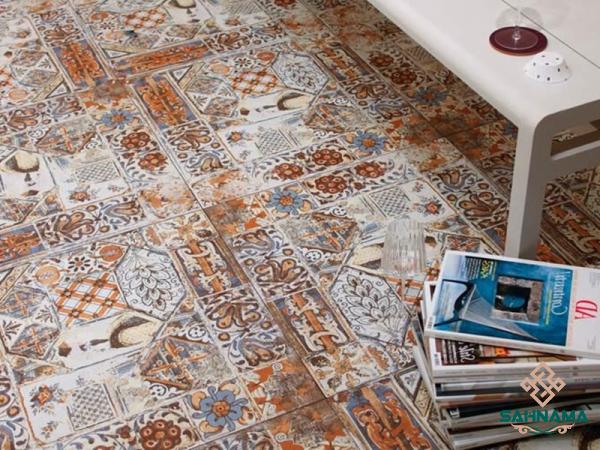 4. Vinyl Tiles: Vinyl tiles have gained popularity in recent years due to their affordability, easy installation, and broad range of designs. Constructed from synthetic materials, they offer excellent durability, water resistance, and ease of maintenance. Vinyl tiles are also softer underfoot, providing comfortable cushioning and reducing noise levels. They are typically used in areas such as kitchens, bathrooms, and basements, but also find applications in commercial settings. 5. Laminate Tiles: Laminate tiles are an economical alternative to natural stone, hardwood, or ceramic tiles. Made from a combination of wood-based materials compressed under high pressure, laminate tiles offer superior scratch resistance and ease of cleaning.
4. Vinyl Tiles: Vinyl tiles have gained popularity in recent years due to their affordability, easy installation, and broad range of designs. Constructed from synthetic materials, they offer excellent durability, water resistance, and ease of maintenance. Vinyl tiles are also softer underfoot, providing comfortable cushioning and reducing noise levels. They are typically used in areas such as kitchens, bathrooms, and basements, but also find applications in commercial settings. 5. Laminate Tiles: Laminate tiles are an economical alternative to natural stone, hardwood, or ceramic tiles. Made from a combination of wood-based materials compressed under high pressure, laminate tiles offer superior scratch resistance and ease of cleaning.
…
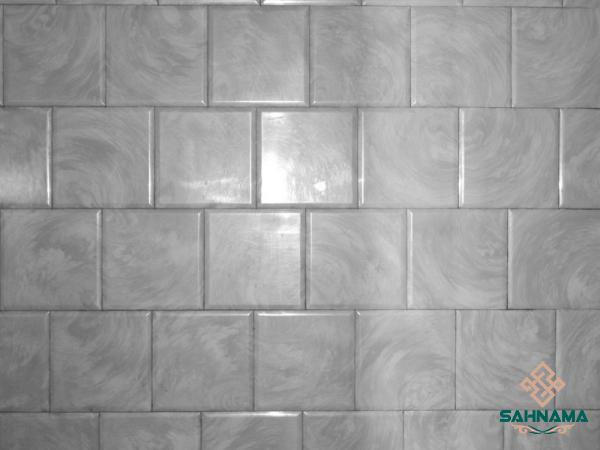 While not recommended for areas with high moisture, they are ideal for bedrooms, living rooms, and dining areas, where an attractive and cost-effective flooring solution is desired. Conclusion: Understanding the variety of floor tiles available allows businesses and homeowners to select the most suitable option for their specific needs and preferences. Whether the aim is to achieve elegance, durability, affordability, or ease of maintenance, there is a tile type to fulfill any requirement. By evaluating the unique advantages and design options offered by ceramic, porcelain, natural stone, vinyl, and laminate tiles, one can create a space that is both functional and aesthetically pleasing.
While not recommended for areas with high moisture, they are ideal for bedrooms, living rooms, and dining areas, where an attractive and cost-effective flooring solution is desired. Conclusion: Understanding the variety of floor tiles available allows businesses and homeowners to select the most suitable option for their specific needs and preferences. Whether the aim is to achieve elegance, durability, affordability, or ease of maintenance, there is a tile type to fulfill any requirement. By evaluating the unique advantages and design options offered by ceramic, porcelain, natural stone, vinyl, and laminate tiles, one can create a space that is both functional and aesthetically pleasing.

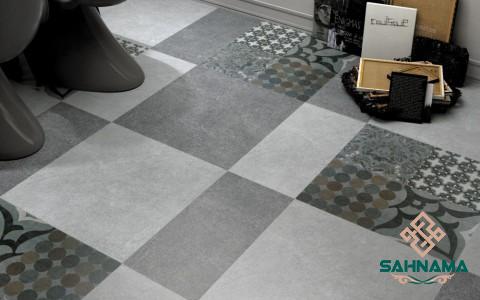

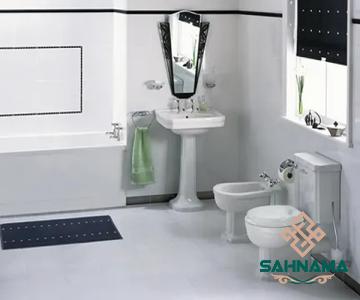
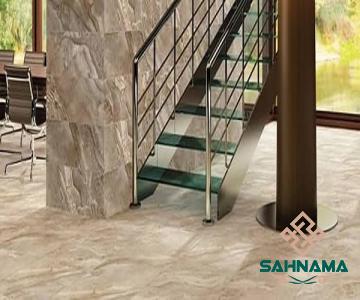
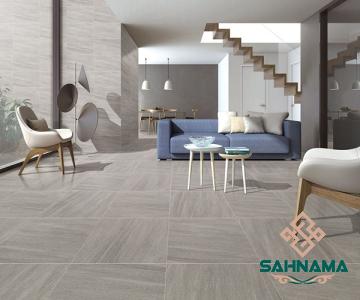
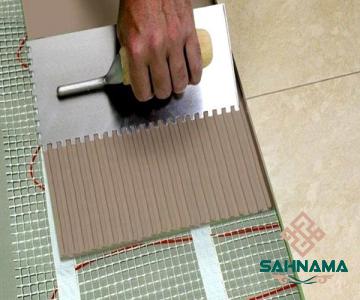

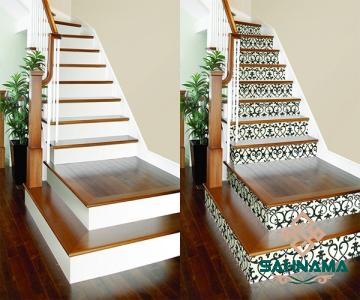


Your comment submitted.